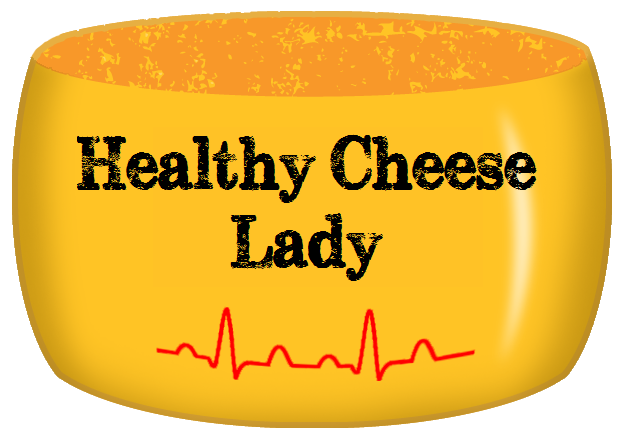TITLE:
Menaquinones, Bacteria, and the Food Supply: The Relevance of Dairy and Fermented Food Products to Vitamin K Requirements
AUTHORS:
Barbara Walther, J. Philip Karl, Sarah L. Booth, and Patrick Boyaval
NOTES:
Vitamin K is an essential fat-soluble vitamin existing in multiple dietary forms. The form called Phylloquinone is known as vitamin K-1, and primarily found in green leafy vegetables. The second form is called Menaquinones, also known as vitamin K-2. Menaquinones are primarily synthesized by bacteria and are found in grass-fed meat, dairy, and fermented food products…think cheese.
Vitamin K-1 is important for coagulation in the blood. Vitamin K-2 has many functions. See this summary post for more details: https://www.healthycheeselady.com/a-brief-summary-of-vitamin-k2/
POINTS RELEVANT TO CHEESE:
- The specific bacterial strains used and production conditions during fermentation (i.e., pH, temperature, duration) likely determine the concentrations and forms of MK found in fermented food products. Cheeses in which propionibacteria are used in starter cultures have higher amounts of K-2.
- High concentrations of MK-8 and MK-9 measured in Edam type cheese is consistent with the use of the MK-8– and MK-9–producing LAB strains Lactococcus lactis ssp. lactis and L. lactis ssp. cremoris as starter cultures for these cheeses.
- Currently, no tolerable upper intake level has been established for any form of vitamin K because no known toxicity is associated with high doses of PK or MK. In other words, there’s no known toxicity level.
- Dairy products, which were the primary dietary source of MKs in the Dutch PROSPECT study cohort, contain specific fatty acids that may confer protective effects on CHD risk. Notably an inverse association between CHD risk and the consumption of meat, milk, and cheese, among the richest sources for MKs in the Dutch food supply, was also observed. This is actually really important. Inverse association means that these foods may play a role in preventing CHD.
- There have been recent media reports that nutritional doses of MK-7 (180 μg/d) taken over a 3-y period prevented age-related arterial stiffening in postmenopausal women. Vitamin K2 increases arterial flexibility, thereby reduces stiffening of arterial walls. This action improves heart function and reduces blood pressure.
- Current knowledge indicates that dairy products are poised to be primary contributors to dietary MK intake, and industrial application of MK-producing bacteria in fermented dairy products may provide an effective means of increasing MK in the food supply.
TABLE 2: Representative ranges of measured menaquinone concentration in dairy foods and fermented food products
(Click table to enlarge)
LINK TO TABLE 2:
https://www.ncbi.nlm.nih.gov/pmc/articles/PMC3941825/table/tbl2/
TABLE 3: Menaquinones produced by bacterial species commonly used in industrial food fermentations
(Click on table to enlarge)
LINK TO TABLE 3:
https://www.ncbi.nlm.nih.gov/pmc/articles/PMC3941825/table/tbl3/
CITATION:
Walther, B., Karl, J. P., Booth, S. L., & Boyaval, P. (2013). Menaquinones, Bacteria, and the Food Supply: The Relevance of Dairy and Fermented Food Products to Vitamin K Requirements. Advances in Nutrition, 4(4), 463–473. http://doi.org/10.3945/an.113.003855
LINK TO PUBLICATION:
Full-text is available here: https://www.ncbi.nlm.nih.gov/pmc/articles/PMC3941825/
Adv Nutr. 2013 Jul; 4(4): 463–473.
Published online 2013 Jul 8. doi: 10.3945/an.113.003855



